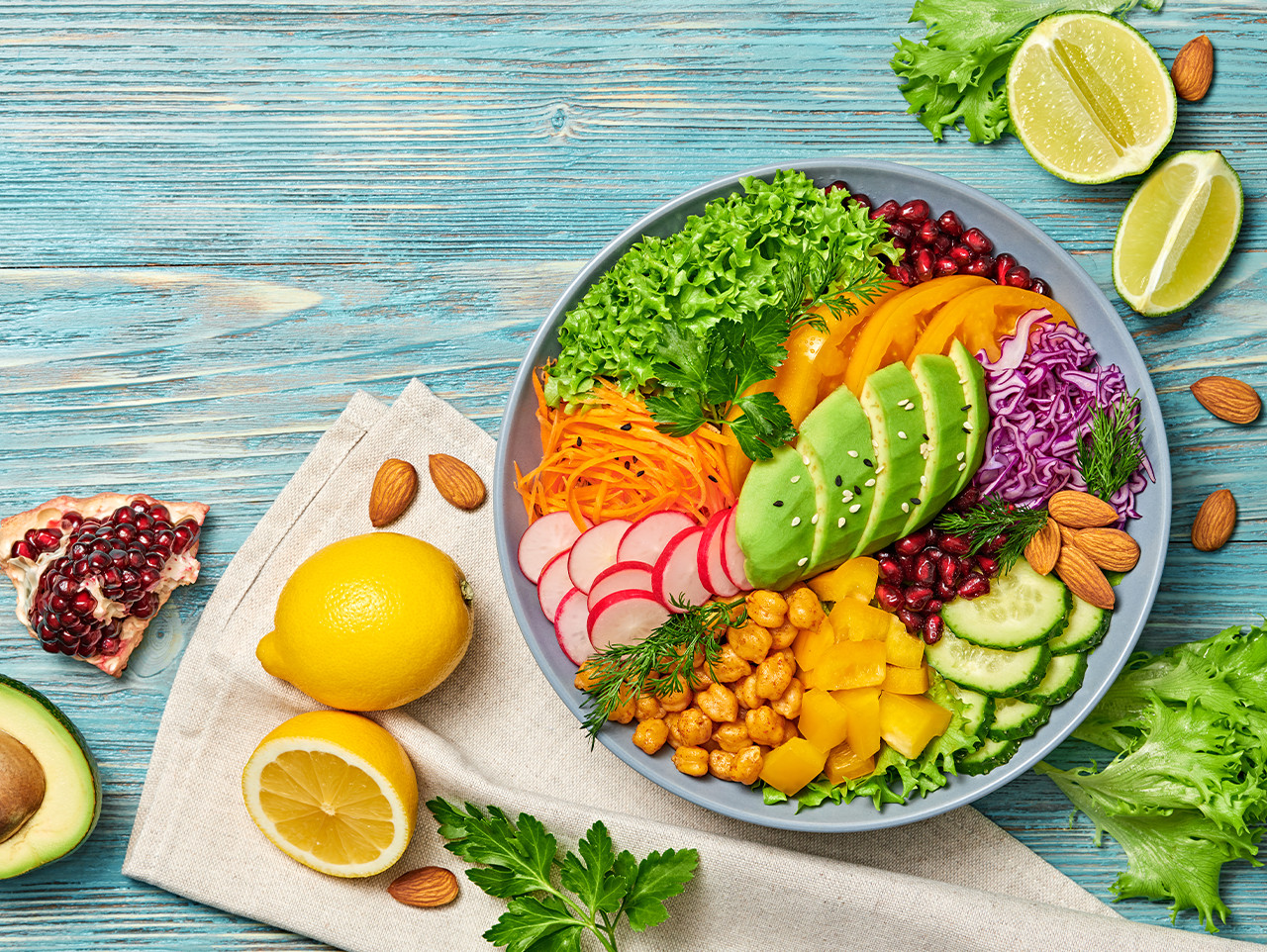
A European study by ProVeg International in partnership with Innova Market Insights, the University of Copenhagen and Ghent University as part of the Smart Protein project, shows a significant shift towards plant-based eating across the continent. For the study, more than 7,500 consumers in 10 countries were surveyed. The Dutch again appear to be in the lead when it comes to their interest in cutting down on meat and eating plant-based foods.
The main conclusions of the report:
Of the countries surveyed, the Netherlands has the highest percentage of self-proclaimed flexitarians: 42%. On average, that percentage is 30% in other countries. In addition, 7% of Dutch people follow a vegetarian (5%) or vegan diet (2%). Only Germany (9%) and the United Kingdom (9%) had a higher percentage of vegans.
The Netherlands also has the lowest percentage of consumers who describe themselves as 'meat-eaters': 48%. The European average is 61% and the highest percentage was measured in Poland (68%).
One in three Dutch people (32%) use vegetable milk at least once a week, 9% even daily or several times a day. Vegetable meat (31% at least once a week) and vegetable yoghurt (27% at least once a week) are also widely consumed. The most commonly consumed meat substitutes are plant-based 'beef', followed by plant-based 'chicken', 'pork' and 'fish'.
The most important reason for not eating more vegetable products is, by far, the price. More than half of those questioned (55%) consider vegetable products too expensive. At the same time, 44% of those questioned also thought that meat was too expensive to eat every day. The Dutch were also less willing than other Europeans to pay more for vegetable meat than for animal meat. Nevertheless, 20% of the Dutch said that they were (or even very) prepared to eat meat, and 30% were prepared to do so 'in moderation'. Willingness was highest in Germany, Spain and Romania.
Other frequently mentioned barriers to eating plant products are insufficient choice (especially outside the home), that plant products do not taste good enough or that partners or family members do not want to eat plant products.
Source: ProVeg